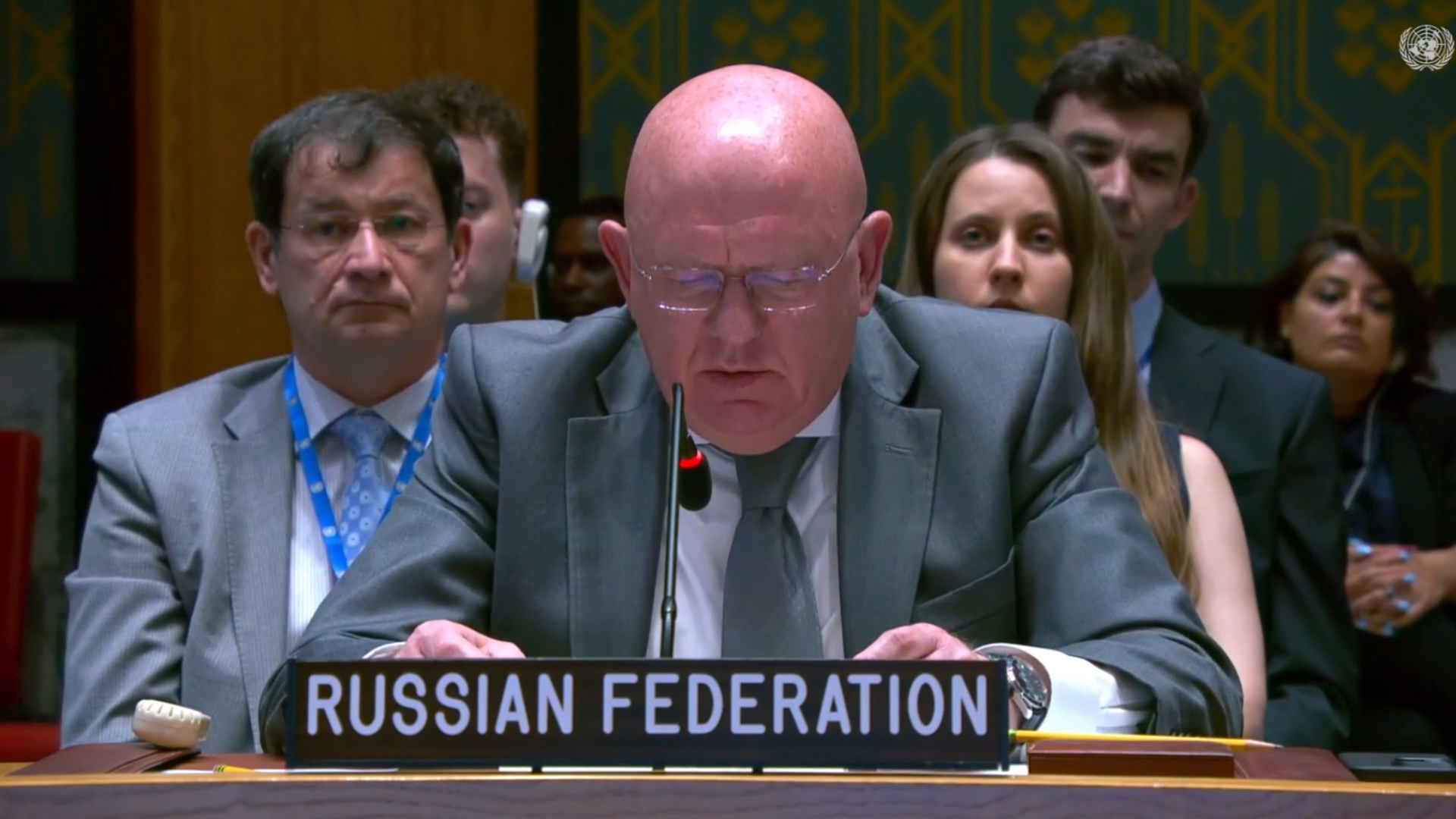3.70 BYN
2.96 BYN
3.45 BYN
What will US strikes on Iran lead to and what are the true goals of American intervention?
The war in the Middle East is far from a foregone conclusion, and there is no need to relax.
According to a number of experts, Iran has turned out to be "a lone warrior in the field". Although it receives moral and diplomatic support from its partners, Netanyahu's idea to involve a powerful player - the United States - in the operation was a success. Now much will depend on whether the US decides to continue the bombing or, as Donald Trump said, they will limit themselves to a one-time action.
On the night of June 22, the US openly entered into a military conflict, striking three Iranian nuclear facilities - Fordow, Natanz and Isfahan. The head of the White House addressed the nation, calling the destruction of Iranian uranium enrichment facilities the goal. However, according to the IAEA report, no increase in background radiation was detected in the attack zone. There is information that Iran had removed raw materials and equipment to another secure storage facility in advance.
The US presidential administration receives a warning: in the next 48 hours, prepare for possible retaliation from Iran.
Ebrahim Rezaei, representative of the National Security Committee of the Iranian Parliament:
"We are grateful to the peoples of the world for their support. In recent days, people have taken to the streets in London, Paris, and even in the US itself in support of the Islamic Republic. We must ensure that our enemies no longer dare to attack Iran. This day will be the end of the war."
Steve Samarin, political scientist (USA):
"All decisions and all instructions came from the White House, and even the top officers of the Pentagon had no idea what was happening. American bases, which are located in great numbers in the Middle East, are now in danger. We should also expect a sharp rise in oil prices, since Iran is capable of completely destroying logistics and creating colossal problems with the transportation of oil."
The unilateral actions of the US are condemned by China and Russia, Oman, Qatar, Pakistan, Turkey, Mexico, Cuba, Venezuela and others. An emergency meeting of the UN Security Council is being held at the initiative of Tehran.

Vasily Nebenzya, Permanent Representative of Russia to the UN:
"With their actions, the United States has opened Pandora's box, and no one knows what new consequences this may lead to. Speaking here three times in the last 10 days, IAEA Director General Rafael Grossi warned that strikes on Iran's nuclear infrastructure could have completely unpredictable consequences."
Meanwhile, the Iranian Foreign Minister is arriving for a meeting with a strategic partner.
Vladimir Putin, President of Russia:
"The absolutely unprovoked aggression against Iran has no basis or justification. We have long-standing good, reliable relations with Iran. For our part, we are making efforts to assist the Iranian people."
Putin added that he had spoken with US and UAE Presidents Donald Trump, Mohammed Al Nahyan, Israeli Prime Minister Benjamin Netanyahu and Iranian President Masoud Pezeshkian about the situation in the Middle East.
In turn, Araghchi noted that Washington and Tel Aviv "violate international rules and norms."
And the collective West is cautiously not commenting on the strikes, but continues to admonish Iran to abandon nuclear development.
Kaja Kallas, EU High Representative for Foreign Affairs:
"We have a mechanism that allows us to return all sanctions if there are no improvements. And, of course, this will not be very good for the Iranian economy. This is not good for the Iranian people. So Iran should not have a nuclear program - and everyone agrees on this - we must work on this."
A European diplomat openly states that peaceful nuclear energy is contraindicated for the Iranian people? Open disregard for the rights and interests of others.
Nikita Mendkovich, political scientist, head of the Eurasian Analytical Club (Russia):
"The current Iranian-Israeli conflict, in which the United States has become involved, is part of the Western policy of neo-colonization of the region, establishing control over oil fields and other minerals in the Middle East. The first act, as is known, was the so-called "Arab Spring", which destroyed the regimes that were ready to resist the United States at the cost of disorganization and destruction of entire states."
Alexei Avdonin, analyst at the Belarusian Institute for Strategic Studies:
"We understand perfectly well that in this way Trump, the White House administration, is acting in the interests of large American capital, focused on increasing prices for energy, oil, and gas. Why is this being done? Of course, in order, on the one hand, to make money on speculation, and on the other hand, to undermine the economy of all those who depended on Iranian oil, primarily China."
But the fact that the US has entered the war with Iran suggests that the Israeli military campaign has not gone according to plan. After a week of intense strikes, Iran has retained its command structure and the ability to respond to Israeli attacks. On the other hand, the war cannot be won with the reserves that Iran has. And their reserves are running out.
"The conflict will slowly begin to fade away, all sides will celebrate their victory," says military expert Andrei Bogodel. "I think this scenario is the most likely. But all this will continue until the next confrontation within the framework of that permanent conflict that flares up periodically. There is a lot of oil in the Middle East. And the situation with matches there is very, very bad. But let's be honest, it is better for politicians to play than for the military to shoot."















